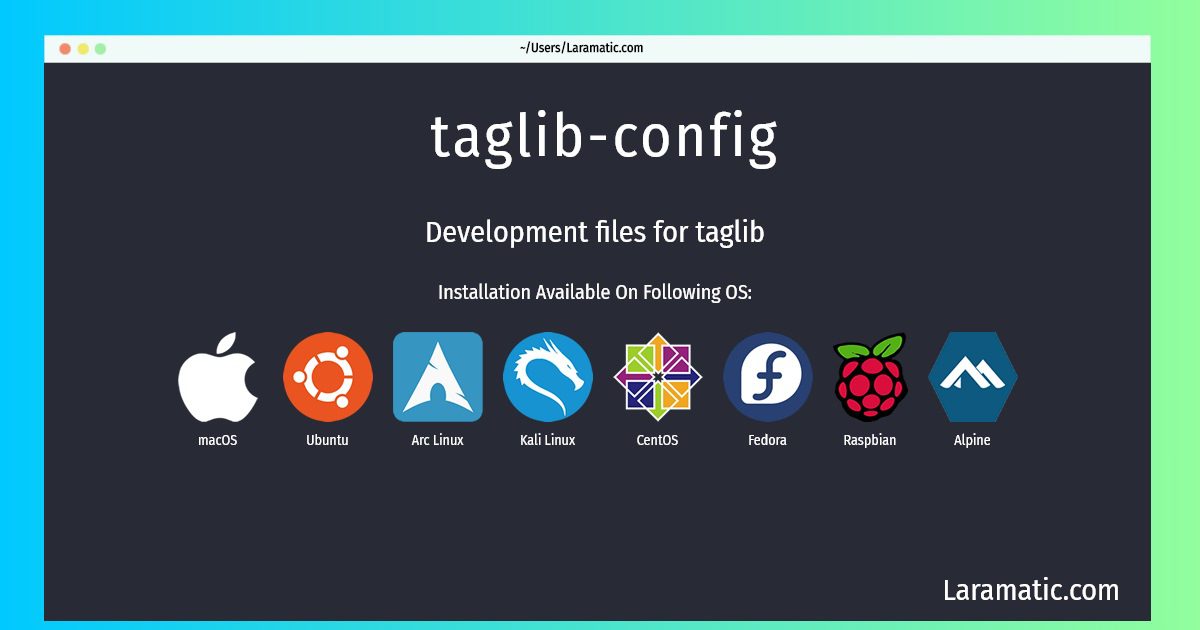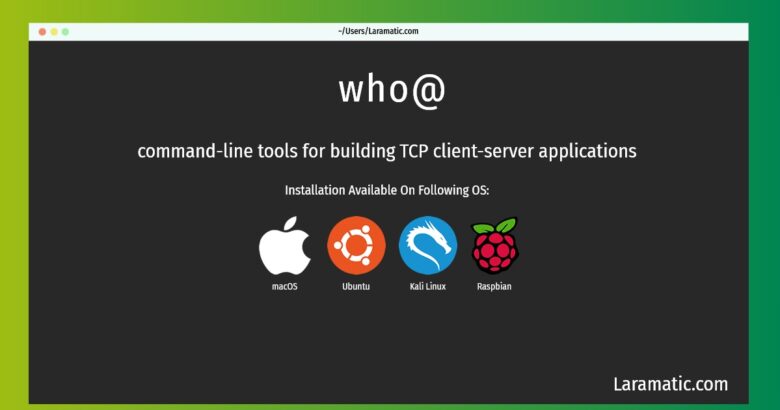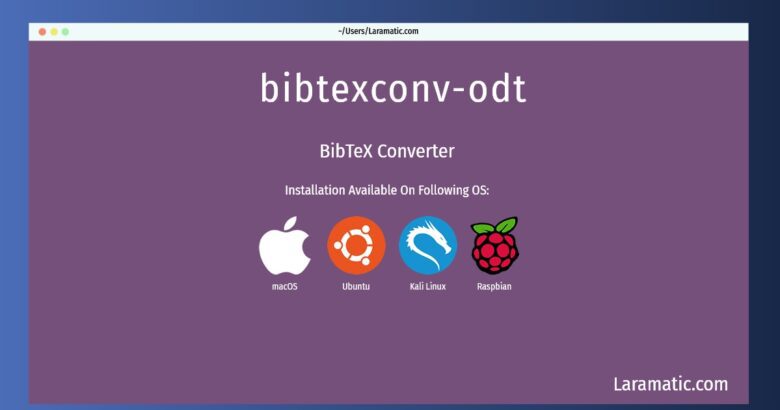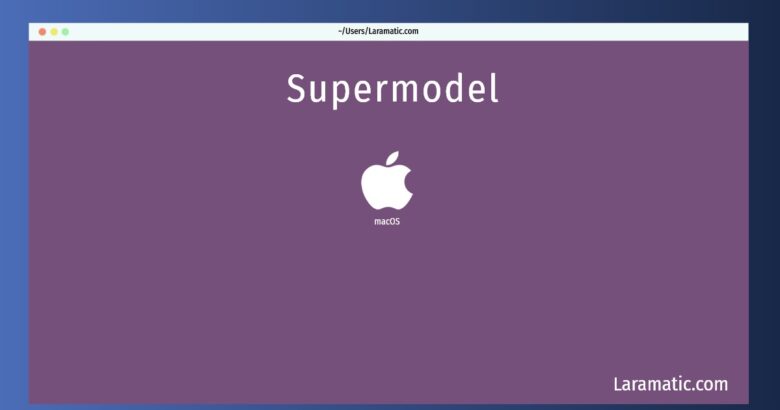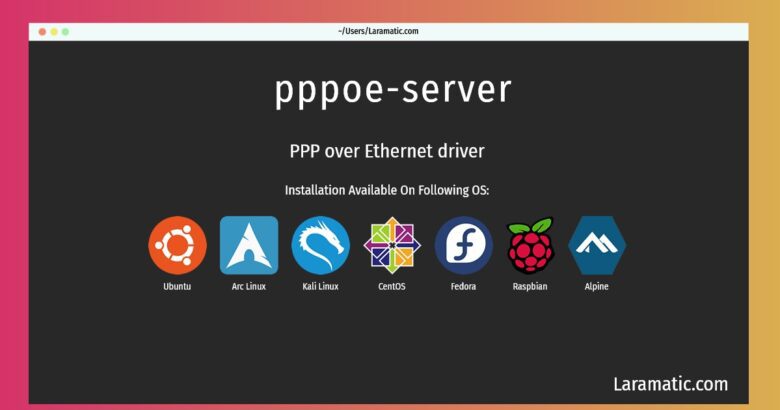Taglib-config Installation On A Debian, Ubuntu, Alpine, Arch, Kali, CentOS, Fedora, Raspbian And MacOS
Install taglib-config
-
Debian
apt-get install libtag1-devClick to copy -
Ubuntu
apt-get install libtag1-devClick to copy -
Alpine OS
apk add taglibClick to copy -
Arch Linux
pacman -S taglibClick to copy -
Kali Linux
apt-get install libtag1-devClick to copy -
CentOS
yum install taglib-develClick to copy -
Fedora
dnf install taglib-develClick to copy -
Raspbian
apt-get install libtag1-devClick to copy -
macOS
brew install taglibClick to copy
taglib-devel
Development files for tagliblibtag1-dev
audio meta-data library - development filesTagLib is a library for reading and editing audio meta data, commonly know as tags. - A clean, high level, C++ API to handling audio meta data. - Format specific APIs for advanced API users. - ID3v1, ID3v2, APE, FLAC, Xiph, iTunes-style MP4 and WMA tag formats. - MP3, MPC, FLAC, MP4, ASF, AIFF, WAV, TrueAudio, WavPack, Ogg FLAC, Ogg Vorbis, Speex and Opus file formats. - Basic audio file properties such as length, sample rate, etc. - Long term binary and source compatibility. - Extensible design, notably the ability to add other formats or extend - current formats as a library user. - Full support for unicode and internationalized tags. - Dual MPL and LGPL licenses. - No external toolkit dependencies. This is the development package which contains headers and static libraries for the TagLib Audio Meta-Data Library.
taglib
TagLib is a library for reading and editing the meta-data ofseveral popular audio formats. Currently it supports both ID3v1 and ID3v2 for MP3 files, Ogg Vorbis comments and ID3 tags and Vorbis comments in FLAC, MPC, Speex, WavPack, TrueAudio files, as well as APE Tags.

